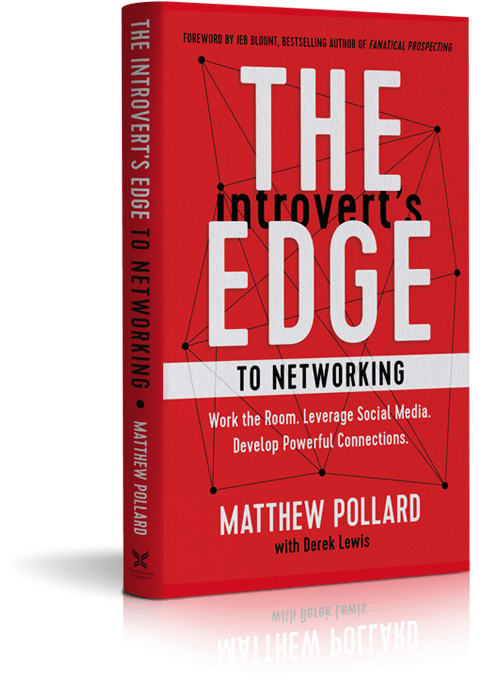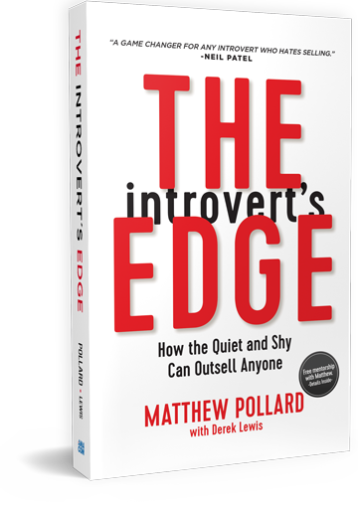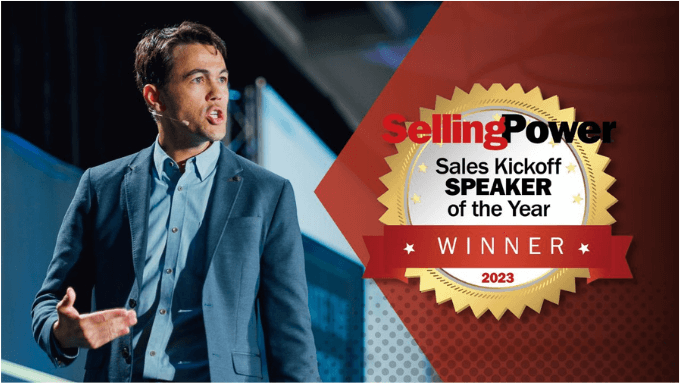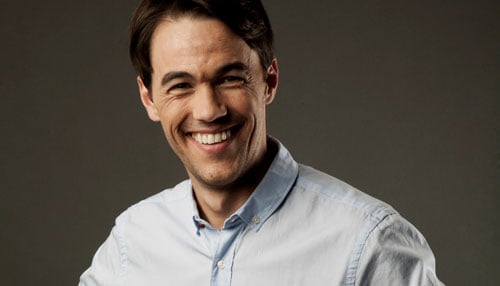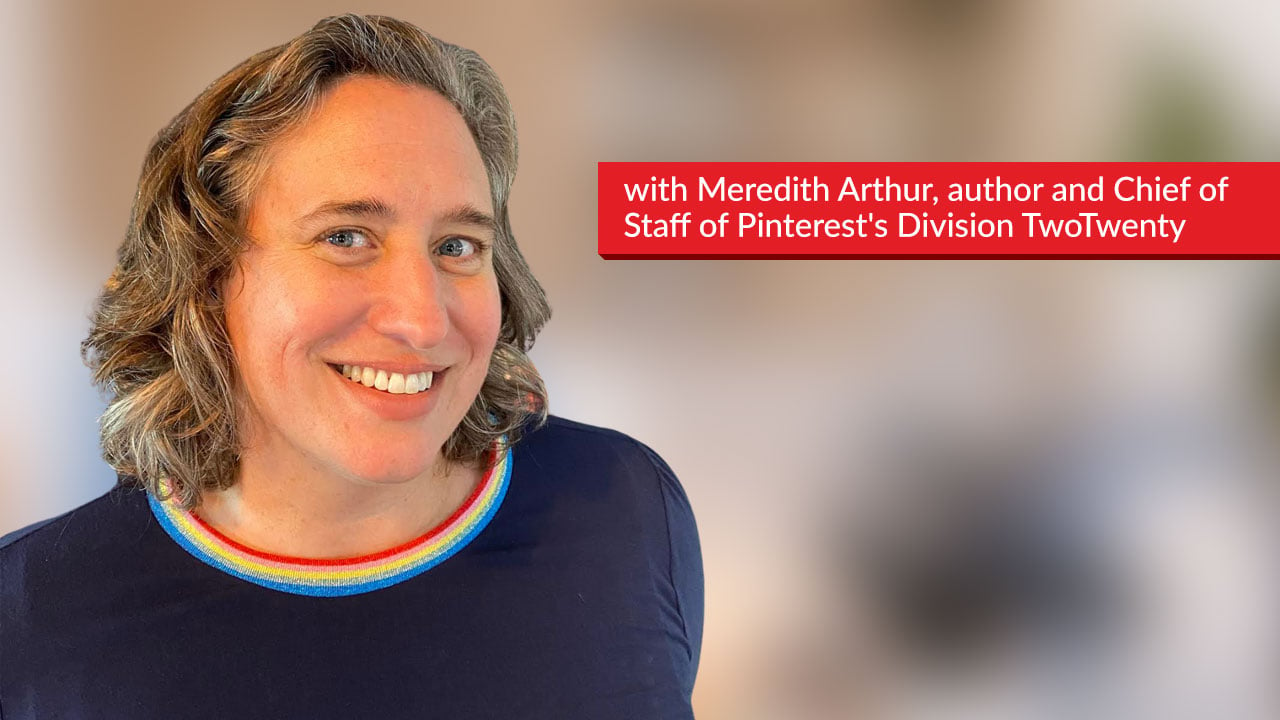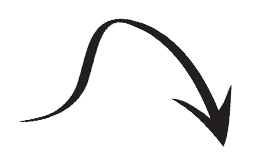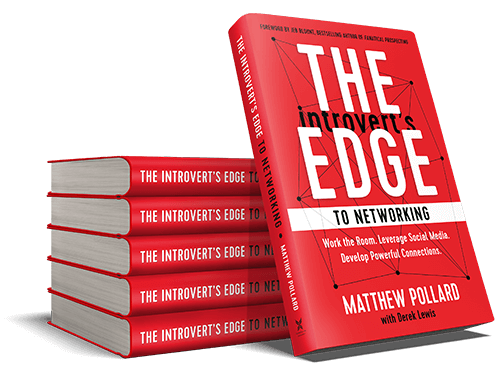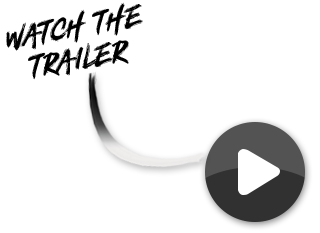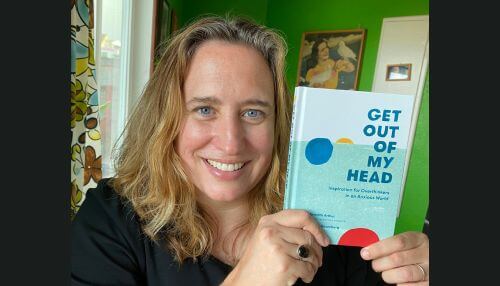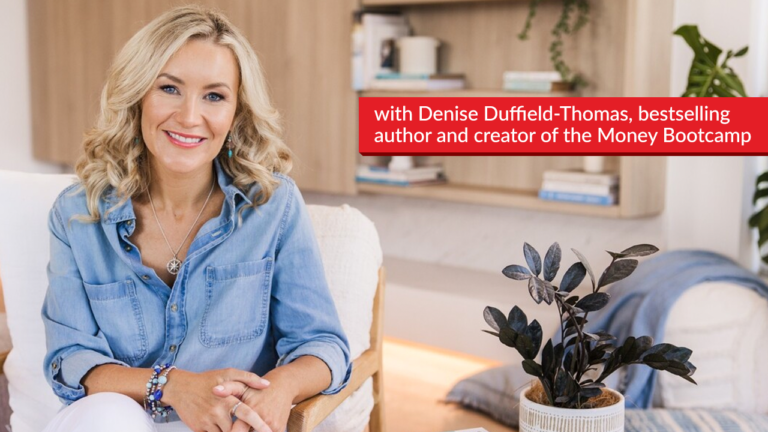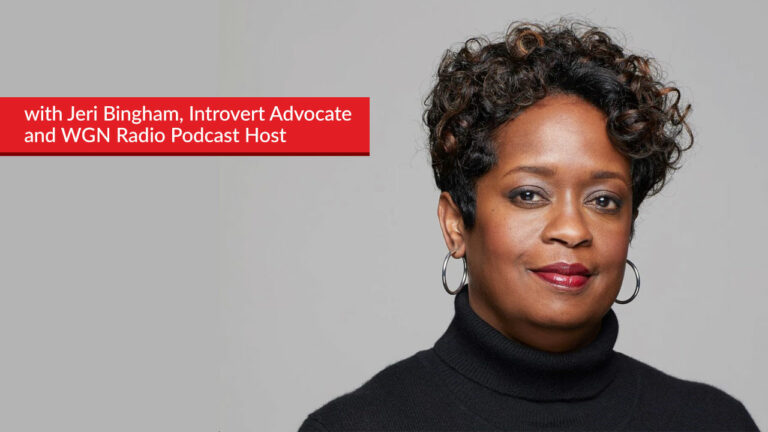Matthew: Hello everyone and welcome to the Introvert’s Edge podcast. And I’m ecstatic to welcome my next guest, Meredith Arthur, who is the chief of staff for Pinterest’s Division 220, and the author of Get Out of My Head, which I have to admit is an exciting book, because for those people that, let’s face it, we introverts tend to be over thinkers, I’m sure this is going to be very, very relevant to us.
Meredith, welcome to the show.
Meredith: Matthew So nice to be here. Thank you so much for having me. I have already enjoyed talking to you even before we hit record.
Matthew: Well, I appreciate you saying that. And I actually discovered your work because you and I were both featured on an article in Next Big Idea about books that are absolutely essential reads for introverts. And it’s funny, when I reached out to you, I asked you if you’re introverted or extroverted and you said you were extroverted and I made an exception.
I’ve only ever done that once before for an introvert that took on leadership because their husbands extrovert, introverted. And you know what? This topic is so relevant. I want to bring you on anyway. And then we had a conversation around what introversion is and for everyone listening, I want to introduce a brand newly minted introvert because we’ve now worked our way through exactly what it is and I’m really excited to share that.
So I would love to get your your impression because before the before the interview, we had an open dialog about it. And you said to me after, oh my God, maybe that maybe I am introverted.
Self Awareness and Introversion
Meredith: But I think I am an introvert. Only half an hour ago I realized I actually am an introvert. Yeah, you were very compelling around and I’ve always heard, do you get energy from being with people or being alone and I always thought, well, I get a lot of energy from being around people. I like ideas, I like talking to people.
But you pointed out something that others have not, which is are you exhausted afterwards? And the truth is, I am exhausted afterwards. It’s just how my energy goes. And so when you said that, I thought, I think he’s got me. I’m an introvert. You know, it’s interesting.
Matthew: So I used to have an event in Austin, Texas, called Small Business Festival. And Jim Cathcart is the most award winning speaker in the world. Amazing friend of mine, most genuine person you’ll ever meet. The difference was, though he and I were involved in the event for three days. At the end I wanted to put on a hoodie, watch Netflix and let’s be honest, cry a little bit. A little too much social interaction.
And he, on the other hand, wanted me to walk him around and introduce him to everybody in Austin and go down Rainey Street. He wanted even more social interactions! I have never in my life had to ask somebody over 30 years older than me if I could please go home after at about midnight, I was exhausted. I had fun. I felt like everybody gave me energy, but I was just wiped by the end of the day, I’m sure you could see from my body language.
And I think that’s such an important point, because so many people believe that maybe they’re not introverted anymore or they were introverted, but now they’re extroverted. And I think there’s just been too many research studies, too many tests, too much complication. We bring it down. So where do you draw your energy from? And after doing a so-called extroverted, arena focused activity, do you have more energy or less energy?
And if it’s less energy, you’re definitely an introvert. So welcome to the club. Welcome.
Meredith: I’m happy I’m happy to be here. Yeah, absolutely. I mean, you’re describing my life. I power up, I get excited, I’m with people and then I have to I’m literally wearing a hoodie right now and I’m putting it around. But this this is a common sight at the house afterwards. So, yes, I put the hoodie on and I get I get very comfortable to restore.
Matthew: I’m so glad to hear that. And, you know, I remember in watching a couple of videos of yours and you talk about, you know, in just being able to name because you talk about anxiety a lot and being able to talk about just having a name for that made so much sense. And maybe now it’s going to be really interesting as we do this interview because you were able to reflect on all the realizations about how anxiety and that realization made such a difference to your thinking and now introversion and how that potentially affects your thinking.
Because for me, knowing that I was introverted, being open and honest with people about it meant that I got less anxious about telling people that I wasn’t able to go to that thing or I didn’t want to catch up with dinner the night before. I spoke at 7 a.m., but I’ll I’ll catch up with him for dinner the night after.
But people getting me to come and be engaging at 7 a.m.. You want me to be engaging? I can’t go out the night before. So be really interesting to see some of the decisions you’ve made and then what decisions you’re now going to be able to make kind of moving forward. And this is why I love talking about this topic so much.
Now, I listened to your story on a few videos, how your growing up and your discovery and things like that. And I want you to share that story because as I was listening to it, it sounded like an introverts journey to self-discovery, yet you weren’t using that word. And now we have that word, you know, great. But what I would love for you to do is, is share kind of your your kind of upbringing and kind of some of the struggles you had just so people can kind of get a bit of an understanding of the adversities you face.
Because while I love to see introversion as a superpower, you know, a lot of us a lot of us feel like it’s not possible for us. And I really like to help people see who we once were.
Meredith: Self-awareness is such an unusual, thorny journey, isn’t it? I mean, it takes so many different winding paths and alleyways. I grew up experiencing a lot of physical pain, nausea, migraines, lightheadedness, and I never knew why. I just assumed this is migraines. People get migraines, and that’s what I have. And it really was a lifelong condition and it really wasn’t until I was a week before turning 40 diagnosed with generalized anxiety disorder that the thing about that moment was I had no idea, even though I had gone to therapists, I had seen five different therapists.
I had talked about everything that was happening in my life, but no one spotted, Oh, this is a high functioning person who’s experiencing anxiety, which is physical. And so that was just my huge revelation and turning point. I had always described myself as an overthinker. I had always found anxiety narratives in comedy very appealing. It always spoke to my innermost soul, but I never put together, Hey, that’s because this is what you experience.
Matthew: That’s. That’s that’s crazy.
Meredith: It’s crazy. It’s crazy. It’s like I always say like it was like somebody giving me the keys to my brain. Now you’ve just given me another little set of keys to say, like, Hey, what about the introversion part? Like, was all of your sort of muscling through things or going out with a migraine or doing all this? Was that part of muscling through, being an introvert, which is super interesting, too?
Matthew: Well, you know, is a conversation about the chicken and the egg, right? So did the introversion cause the anxiety or did the the anxiety then cause you to be introspective? And I, I think that’s an important point to make for those people that are listening, because, you know, one of the things that’s hard to believe is you can be extroverted and shy.
And I think that a lot of people it is a more complex topic, but being able to, as you put it, give yourself the keys to the castle to work out how you can utilize the understandings of your personality to arm you. To be successful in life is the most important thing. A person can do. It’s because.
Meredith: It’s everything. It really is.
Matthew: Absolutely. So what was what do you think that it gave you? And I know we’re talking and let’s talk about understanding of anxiety, because I know that while introversion very new, 30 minutes, maybe 40 minutes, 30 minutes. And so let’s talk about it from the anxiety perspective for a moment. Let’s let’s look at what learning about that’s that in yourself meant to what how you forgave yourself to what you pushed yourself to do and what what it allowed you to change in your life.
For better or worse.
The Impact of Anxiety on Meredith’s Inner World
Meredith: My immediate feeling in reaction to this news was excitement and curiosity, and I know that not many people react to being told they have generalized anxiety disorder in that way. But that was what I felt. I was just, what does this mean? What is this? And I started to try to Google and nothing online was was speaking in a way that made sense to me.
So it always it would say excessive worry. But I didn’t feel I was worrying. I felt that I was problem solving. I was just actively getting after it. I was figuring things out. I wanted to figure everything out. And so by understanding, hey, this is a whole paradigm that other people talk about, that is not how my brain is, but we have similar outcomes.
When the neurologist said to me, Hey, the reason I knew this about you is because I work with people in Silicon Valley and I see this every day, I see this every day, and I tell people every day, and most of them won’t listen to me. And I was just like, What’s this? I mean, those were real revelations for me.
So having that information made me see the world differently, almost like I had just been missing this basic information about my identity, not to over identify with it, but just to say like, hey, a lot of the root of my behavior has been in reaction to or around my copilot of anxiety.
Matthew: Yeah, I think it’s really important to to really take a moment to focus on that, because I think what happened is from that level of understanding that you had, you forgave yourself for certain things. Other things made sense. So you didn’t beat yourself up about them. And then you perhaps looked at the way you behave in life differently.
I know. I know. For me, one of the things I always had trouble dealing with is, especially when I speak, a lot of times I’m going to a place where I’ve got a reader of my book that’s reached out to me a thousand times, or somebody that’s a member of my online program. And a lot of times I feel like I need to catch up with that person while I’m in town, or at least let them know or create like a hangout for for everybody to come meet with me.
And then I get anxious about that and I get I feel guilty about that. But then I have to remember that if I go and catch up with that group, I’m not going to be energized. And sometimes I’m I used to work on the plane and I say any time away from my wife, I’m going to work hard because then I get to spend more time with my wife when I get home.
But then I realized that I was building my anxiety because as an introvert, I needed downtime to replenish my energy. So if I was working the whole time around it and then catching up with people life, I wasn’t as good on stage and I also wasn’t as good when I got home because I was mentally exhausted. So I think that a lot of people have felt like they were second class citizens their whole life because they were introverted and perhaps people are listening who have anxiety, maybe feel that too.
And I think that we’re in a world now where firstly, it’s not embarrassing to say you’re an introvert. I definitely can at least say I’ve I’ve had anxiety and I don’t feel like it’s uncomfortable to say that anymore. I feel like we’re in this world now where if you educate people on your personality and what allows you to perform the best, then other people accept that.
And they also look after you. I know that a lot of times event planners will look after me for an hour before I speak. And what I mean by that is they know that I’m over in the green room and I don’t want somebody to come in and talk to me because I’m getting in my headspace. If I don’t outwardly say I’m an introvert, they won’t do that and then I’m not going to perform as well.
Have you found the same you obviously you’re up and talking about it. When did you stop being comfortable talking about it?
Meredith: Yeah, hope you notice.
Anxiety, Honesty, and Meaningful Relationships
Meredith: I really love this question because you mentioned it in the question, self-acceptance. What I realized again, my reaction was curiosity and interest. And what I realized is I had to model that for others. That was not the reaction most people had when I started talking about anxiety, which was eight years ago. So I would I remember this really specific moment where I was at my daughter’s school with my husband.
We were in a parents circle talking about mindfulness, and we were asked to go around the room. This is right after my diagnosis and everyone was saying why they felt mindfulness was important. And it came to me and I said, Well, I have a generalized anxiety disorder and blah, blah, blah. And my husband’s face just sort of like melted.
Like, Why? What are you doing? Why are you coming out with this in this way? And I always say, like, Well, you have to be gawky to get graceful. Like in the beginning when I started talking about these things, I was pretty gawky about it. I didn’t. I knew I was interested in excited too, to understand it, but most people hadn’t really caught up with that kind of curiosity and excitement.
And what I learned was it took time to model for them my self-acceptance that like this was really useful information for me to have, and it had changed how I thought about things and it had allowed me to relinquish control. And so in the past they might have said, okay, I have to power through. I’m going to give this talk.
I have to be out in the front first and I have to. But once you have the self acceptance, then you understand, look, I can’t control my energy like I can work with it. I can understand my energy patterns, but I’m not in charge. The sum of these things, like like when you have a migraine that just hits you, you didn’t decide to have the migraine.
But what you can understand is some of the factors that led in to it, and you can start to work with it. And it really is that sort of give and the dance that goes with the self acceptance and the understanding. So I just I think that’s such a core element to what you’re saying.
Matthew: I think that’s brilliant because I mean, it sounds like understanding it, sharing it with others allows allowed you to grow, but then also allowed for not to become your identity, but for you to shape your identity around its strengths. And and also not to let the struggles create boundaries for yourself. I think that yeah, you’re right. That’s that’s the right word.
So here’s what’s interesting, and this is very much an introversion thing. So for for those people that tend to overthink, which can lead to anxiety. I know. So introverts all round will go to a networking event, they’ll do a sale, we’ll speak from stage and then they’ll go home. And that’s when and sometimes, especially without a strategy or system, those things might they may find tough, anxiety, riddled and a struggle.
However, when they go home, often, that’s when it gets worse, right? Because we then reflect on what we have done wrong and how silly we looked or things like that. Now, I’m forever telling introverts that our power of reflection is positive. If we look at it with a continuous improvement approach, right? So if we’ve got a system, what one thing can we fix?
And that allows us to be hyper, hyper focused, however catastrophizing thinking. Everyone thinks negative things and that chatter can sometimes be debilitating for some. How does that affect people specifically with anxiety? And what are some of the the tools that people can use to kind of overcome that negative behavior?
Understanding Anxiety by Being Self Aware
Meredith: I think that you’re reading my mind right now because as you start your question, I’m like, this is what I want to talk about. And then you ask the question. So thank you anxiety for me because it is so physical. When people say, how do you how do you know you have anxiety? To me it is these physical symptoms show me that I have anxiety.
That’s how I know what’s happening. It’s objective, it’s clear, which is kind of what my overthinking brain needs. The self-acceptance, which I always come back to over and over after I give a talk, after I do almost anything, after I publish an article for there is this laggy vulnerability hang over every single time. Every single time I’m like, Oh, did I do that?
Should I have done that? Oh, now I have gotten to the point now where I accept it. I just know it’s going to happen every time, you know, after we get off, I’ll be like, Oh, I’m sure I could have been more interesting, more specific, clearer, more engaging, but but I no longer cognitively go through every detail of that.
I now understand how to be more somatic, which is again what I need because of the anxiety, physical, and either meditate or do a shake or do some breathing and accept. And that this wave of hormones is going to happen to me, that this is part of what anxiety is. Anxiety is a hormone wave, cortisol, adrenaline, all of these different movements in your body that you the more you understand it, the more you can accept like this is inevitable, this is going to happen and then it’s going to pass.
And I’ve still achieved this thing and I’m going to go back and do it again and I’ll get better at it. So that’s how I handle that. Yeah.
Matthew: Yeah, that’s right. And and just so just so you know, you couldn’t have done better. And yes, you did deliver amazing content. So you’re welcome to take that to the bank tonight when you when you’re reflecting on this. So I think that what’s what’s really important about what you shared is the willingness to just let it be. I mean, everybody can always do better.
Everybody can always be dynamic. You could have read 100 more books before every interview and be so much more knowledgeable. And it doesn’t matter at what point you are in life, that’s always going to be true. So the thing that I, you know, I really think that you highlighted is you went into it. You did your best, which is always going to be exactly what you should do.
And then afterwards you just let it go. You freed yourself from the toll of asking those questions that don’t aid in your growth, they don’t aid in anything. So I think that’s a really powerful point. I, I feel like I could interview for 12 hours, but by the way, everybody that doesn’t know the quietly influential summit is is starting shortly.
Make sure you go to the quietly influential summit because Meredith is going to be on that as well. And we’re going to go deeper into some of these topics. We’re going to potentially talk about triggers, coping, ways of ways of coping and some some actual strategies. So we do this during National Introverts Week every year, which is the third week of March.
So make sure that you go to the quietly potential summit and register for that. Because not only will you get to experience Meredith’s great content, you’ll see a bunch of other Titan introverts. And, you know, for those people who have never heard that term before, these are titans of industry that just so happen to be introverted. But there’s also some great introverted coaches as well that will be sharing at that event.
So make sure you go and register and you’ll be able to hear the next piece, which we’re really going to deep dive into. But I have to I have to finish this interview, but I always finish with a question that is so profoundly important to me. And it’s funny because we were talking about this offline about the introverts edge and why I believe that introverts have an edge and why those people that didn’t have everything naturally given to them often find their way to excel in a world of perhaps wasn’t built for them and as long as you don’t see it as a disadvantage and give in to the victimization that that can cause.
So the question that I always ask every guest at the end, and this is a fun one with you because you just discovered that you’re introverted, so I’m going to frame it differently. What would you consider being your introversion perhaps perceived as anxiety edge?
Meredith’s Introvert’s Edge
Meredith: I love that question. Let’s see, what is the edge that I get? Well, I would say at this stage in my life, it’s it’s and this is a theme through what we talked about. It’s self-acceptance and letting myself off the hook. Now, it took a lot to get there and it was sort of a forcing function. But I think it’s almost like having an addiction that forces someone to let go of control and say, I can’t be in control.
That’s what happened to me. I can’t be in control. I’ve accepted that. And that is a very powerful acceptance that has freed me in so many ways. So I have to assume that it is a combination of my newfound introversion, my energy balance, my understanding of energy balance and self-acceptance of anxiety that’s gotten me to that.
Matthew: I think that’s a powerful message for people. And if I if I can suggest another one that I discovered prior to our interview, which I think is it was really powerful, is you almost have an internal mirror about whether or not you’re moving towards what is important to you or not, because your anxiety levels increase as you’re moving away from what you truly want in life.
And I, I mean, that is a superpower that I’ve always held in of a huge value, because for me, I always found that it didn’t matter how much money I made if I wasn’t going after my mission in life, which is empowering introverts. I felt uncomfortable. I felt anxious. And if I if I did things for the money as opposed to the mission, it felt the same way.
So whenever, whenever I moved away from what was truly important to me, I felt anxious. And I’ve never had somebody articulate it to me before. I said it, shared it with them that you felt the same way, and I think that is hugely valuable.
Meredith: Yeah, there is an inevitability that comes from tuning in. There is an inevitability of the decisions you make, and I think that’s put very well.
Matthew: Matthew And maybe in the next interview we might talk about the ability to be able to sit in that because there’s a difference between anxiety caused by moving away from what’s truly important, actually anxiety through life and anxiety in just the occasional event, because all three of those are different and all of them require different strategies. And I think that would be knowing what they are and then the triggers around that would be really powerful.
But we’re out of time for this interview, so I can’t wait for the quietly influential summit notice to those people that you know are in the car and they’re like, Oh my gosh, I want to check out this person’s book. I want to delve deeper because I am such an overthinker or for those people that even have anxiety, where do people find out more about you?
Meredith: Beautiful Voyager is the site that I started for Overthinker is people pleasers and perfectionists. It’s bevoya.com. You’ll see my book there, you’ll see my podcast so you’ll see all sorts of stuff.
Matthew: Perfect. And for those people that just want to go straight to Amazon and pick up a book which I would absolutely recommend, make sure that you check it out. It is called Get Out of My Head, and I think you’ll have a blast reading it. And you might find yourself in many if many of the chapters. But for today, thank you, everyone, for joining us.
If you want to check out the show notes, go to theintrovertsedge.com/meredith and you will be able to see some of the links to the books and all of the things we’ve talked about. But for today, thank you so much for joining us and I look forward to seeing you at the quietly influential summit.
Cheers, everyone.







